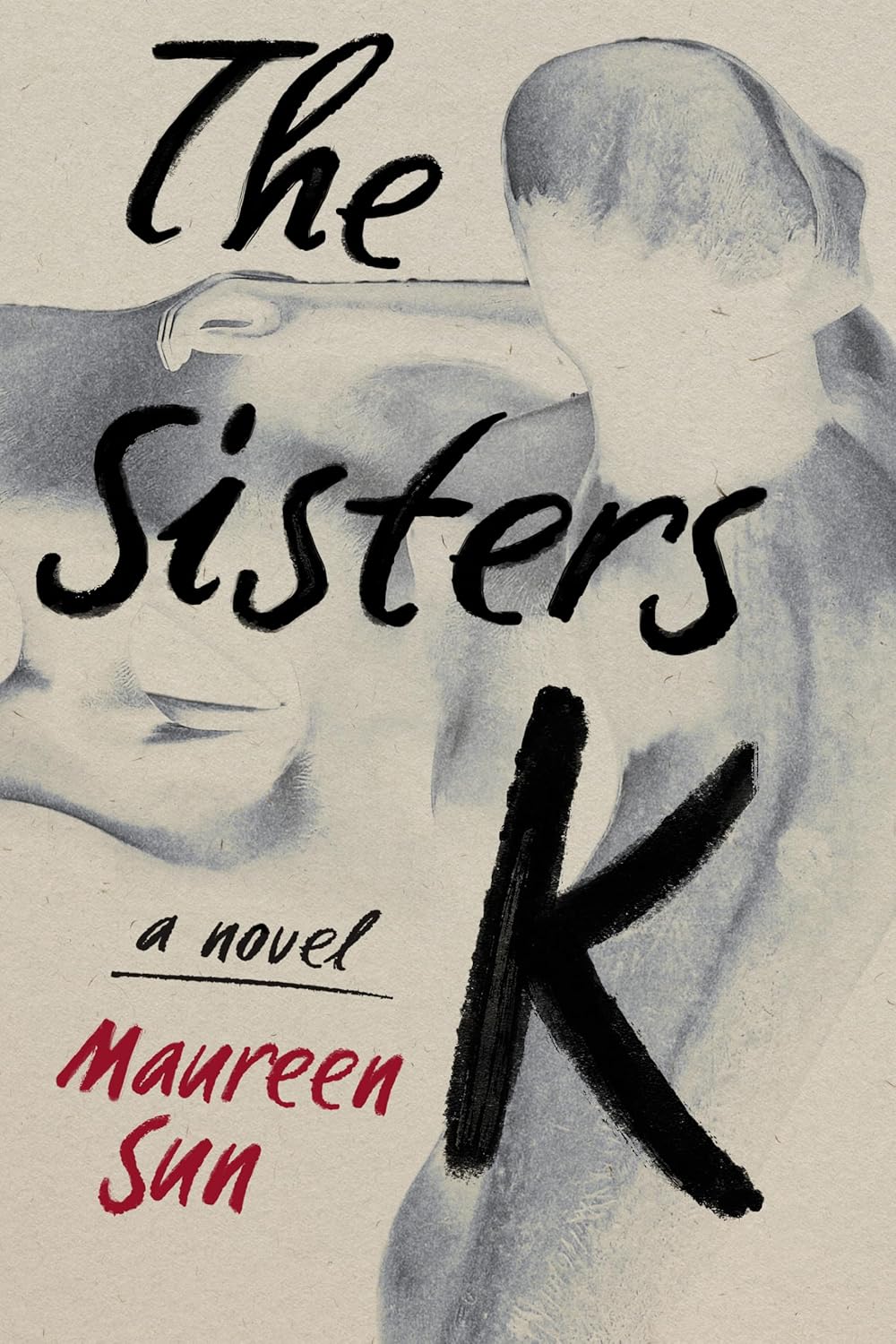


I love talking about people: real people and fictional characters. I'm especially interested in talking about how to represent people in writing--both fiction and nonfiction (I'm interested in how fiction and nonfiction overlap, too). Other strong interests include how to translate big ideas into writing.
I find talking to others incredibly generative for both parties--talking to others about their work clarifies my own for me, and I think talking about your own work clarifies for yourself what it is you're trying to do. It's an exciting mutually productive process that I love.
I'm told I'm easy to talk to!







When Eugene Kim assembles his three estranged daughters at his deathbed, he means to put them to the test. Vicious and pathetic in equal measure, he wants to see who will abject themselves for his favor—and, more importantly, his fortune. For Minah, the eldest, the money would be recompense for their father’s cruelty. A practicing lawyer with an icy pragmatism, she sets to work on securing her inheritance, whatever the cost. To Sarah, a gifted and introverted academic who eschews intimacy and wields her intelligence like a weapon, the money feels more like a as Eugene’s unwilling favorite, she wants nothing to do with him. It is often left to Esther, the youngest, with her unwavering need to do what is right by everyone, even at the cost of her own wellbeing, to navigate their differences. Each desperate to escape their circumstances, the sisters wrestle with the legacy of their abusive father, their isolation and rage, and the complicated love they nonetheless hold for each other through it all.
A modern reimagining of Dostoevsky’s dark classic, The Brothers Karamazov, Maureen Sun’s debut novel is a vivid family drama about what it is we owe each other when vengeance is the only thing called for.
"Clear-sighted and unafraid... this is, simply put, an excellent novel."
—Ling Ma, author of Severance and Bliss Montage



